
Sustainability - Sustainability Insights Tool
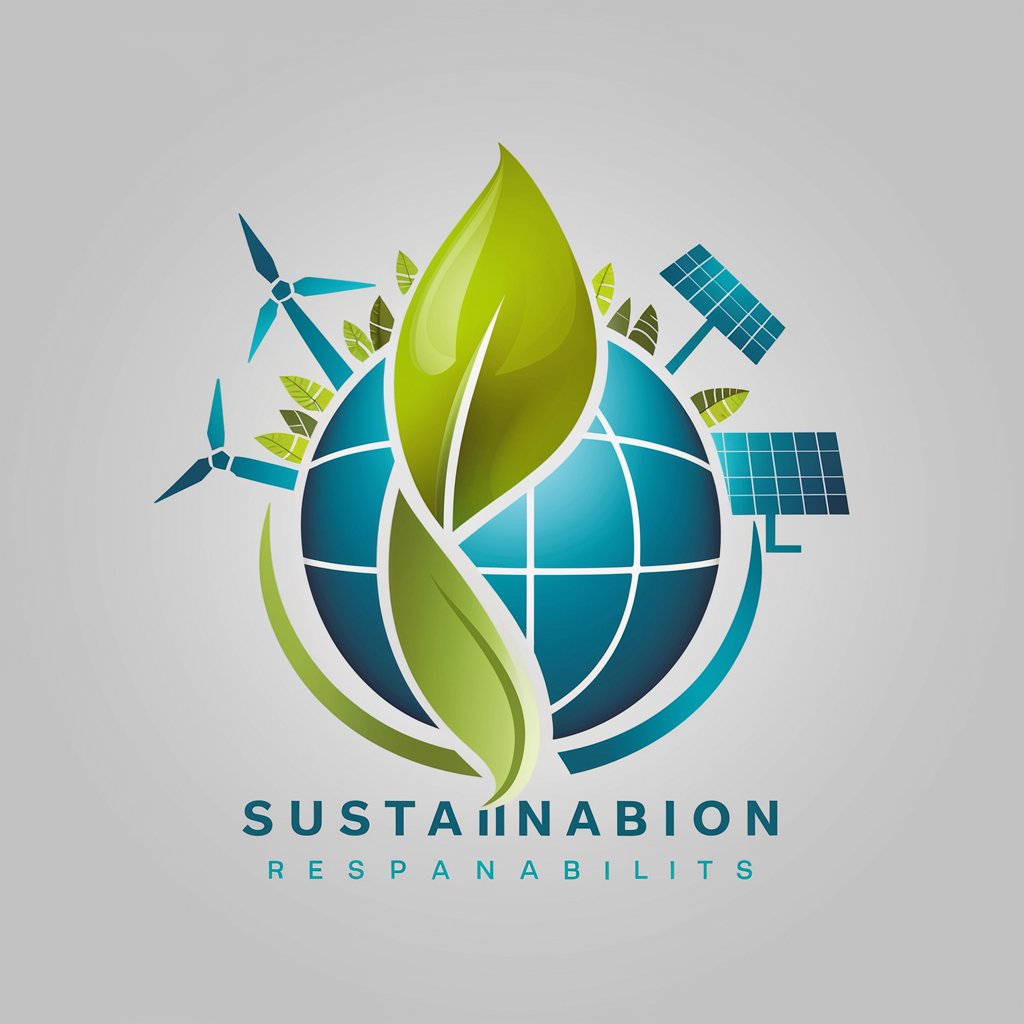
Hello! Let's explore sustainable living together.
Empowering sustainable decisions with AI
How can I reduce my carbon footprint in everyday life?
What are some sustainable alternatives to single-use plastics?
How does renewable energy contribute to environmental sustainability?
What are the best practices for creating a zero-waste lifestyle?
Get Embed Code
Understanding Sustainability
Sustainability is an AI designed around the principles of conserving resources, protecting ecosystems, and promoting ethical and responsible behaviors. Its core purpose is to inform, advise, and inspire actions that align with sustainable living and business practices. This involves emphasizing the importance of future-oriented choices that benefit the environment and society. Through a blend of information dissemination, practical advice, and clarifying misconceptions, Sustainability aims to foster a deep understanding of how individual and collective actions can impact the planet. For example, it can illustrate the benefits of reducing waste by showcasing how composting organic matter reduces landfill use and produces nutrient-rich soil, or it can explain the importance of sustainable sourcing in business to preserve biodiversity and ensure long-term resource availability. Powered by ChatGPT-4o。

Core Functions of Sustainability
Educational Resource
Example
Providing in-depth knowledge on renewable energy sources
Scenario
A user curious about solar energy receives comprehensive insights on how solar panels work, their benefits, installation processes, and how they contribute to reducing carbon footprints.
Advisory on Sustainable Practices
Example
Guiding individuals on reducing their carbon footprint
Scenario
Offering personalized suggestions for reducing energy consumption, like switching to LED lighting, using public transportation, and adopting a plant-based diet to minimize environmental impact.
Sustainability Assessment
Example
Evaluating products or services for sustainability
Scenario
Helping a small business owner assess the sustainability of their supply chain, from sourcing materials to packaging, emphasizing the importance of ethical labor practices and minimal environmental impact.
Promotion of Sustainable Technologies
Example
Highlighting the latest advancements in green technology
Scenario
Informing users about cutting-edge biodegradable materials that can replace plastics, detailing their manufacturing process, usage benefits, and how they can significantly reduce pollution.
Who Benefits from Sustainability?
Environmentally Conscious Individuals
People looking to minimize their environmental impact through lifestyle changes, such as adopting zero-waste practices, conserving water, and making sustainable dietary choices. They benefit from tailored advice on reducing their carbon footprint and supporting eco-friendly initiatives.
Business Owners and Entrepreneurs
Professionals aiming to incorporate sustainable practices into their operations. This includes using sustainable materials, reducing energy consumption, and ensuring fair labor practices. They gain insights into how sustainability can be a competitive advantage, enhancing brand reputation and customer loyalty.
Educators and Students
Academics seeking comprehensive resources on sustainability topics for research, teaching, or learning. They benefit from access to the latest information, studies, and practical examples of sustainability in various industries, enhancing their curriculum or knowledge base.
Policy Makers and Activists
Individuals involved in shaping public policy or advocating for environmental causes. They utilize the platform to stay informed on sustainable practices, technologies, and the socio-economic impacts of environmental decisions, aiding in crafting effective policies and campaigns.

How to Use Sustainability
Start Your Journey
Initiate your sustainability exploration by visiting yeschat.ai, where you can access a free trial without the need for registration or a ChatGPT Plus subscription.
Identify Your Goals
Determine your sustainability objectives, whether they're related to reducing your carbon footprint, engaging in ethical consumption, or learning about environmental conservation.
Ask Targeted Questions
Pose specific, focused questions to gain insights into sustainable practices, challenges, and solutions in various contexts such as home, business, or community.
Apply Insights
Implement the advice and strategies provided to make more sustainable decisions in your daily life, business operations, or community initiatives.
Stay Informed
Regularly engage with the tool to stay updated on the latest in sustainability trends, research, and practices to continually refine and improve your sustainability efforts.
Try other advanced and practical GPTs
Chief Sustainability Officer
Empowering Sustainable Decisions with AI
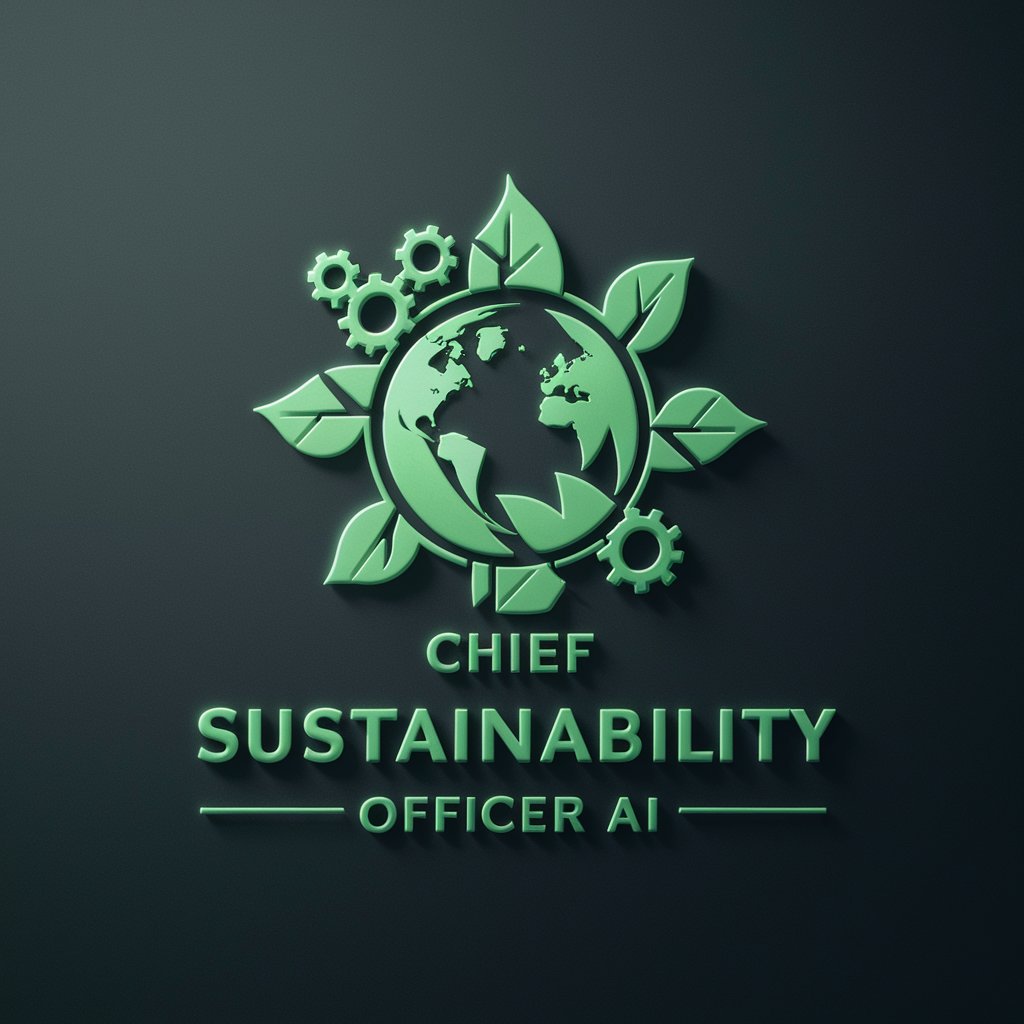
Mystic Guide
Empowering insights with AI mysticism

Nature
Unlock the Secrets of Nature with AI

Cannabis Waste Reduction GPT
Revolutionizing cannabis waste management with AI.

Apiana Framer
Empower Your Code with AI

Connie Majors
Empowering Marketing with AI Insights

Environmental Design
Designing Greener Futures with AI
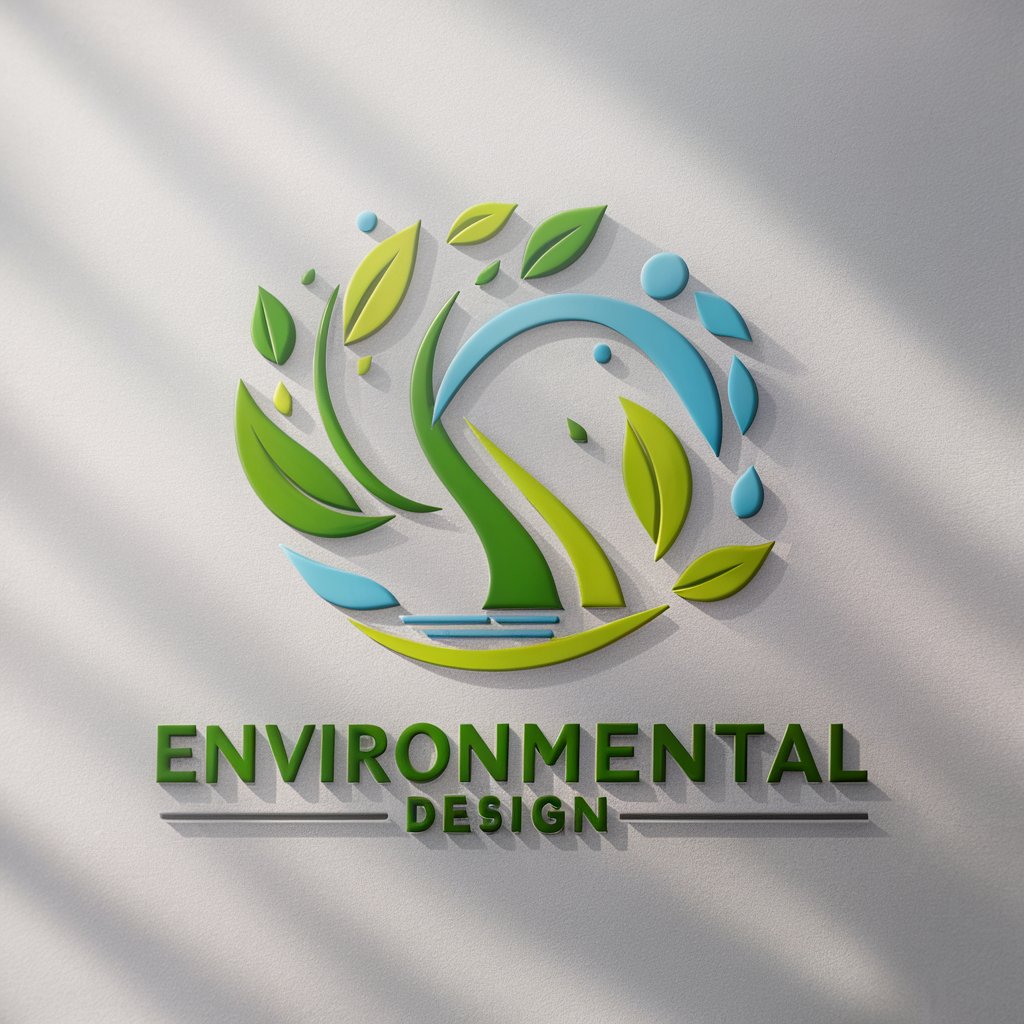
Cynthia Diamond
Empowering creativity with AI brilliance.

Sustainable Fashion Creator
Crafting Eco-Chic with AI
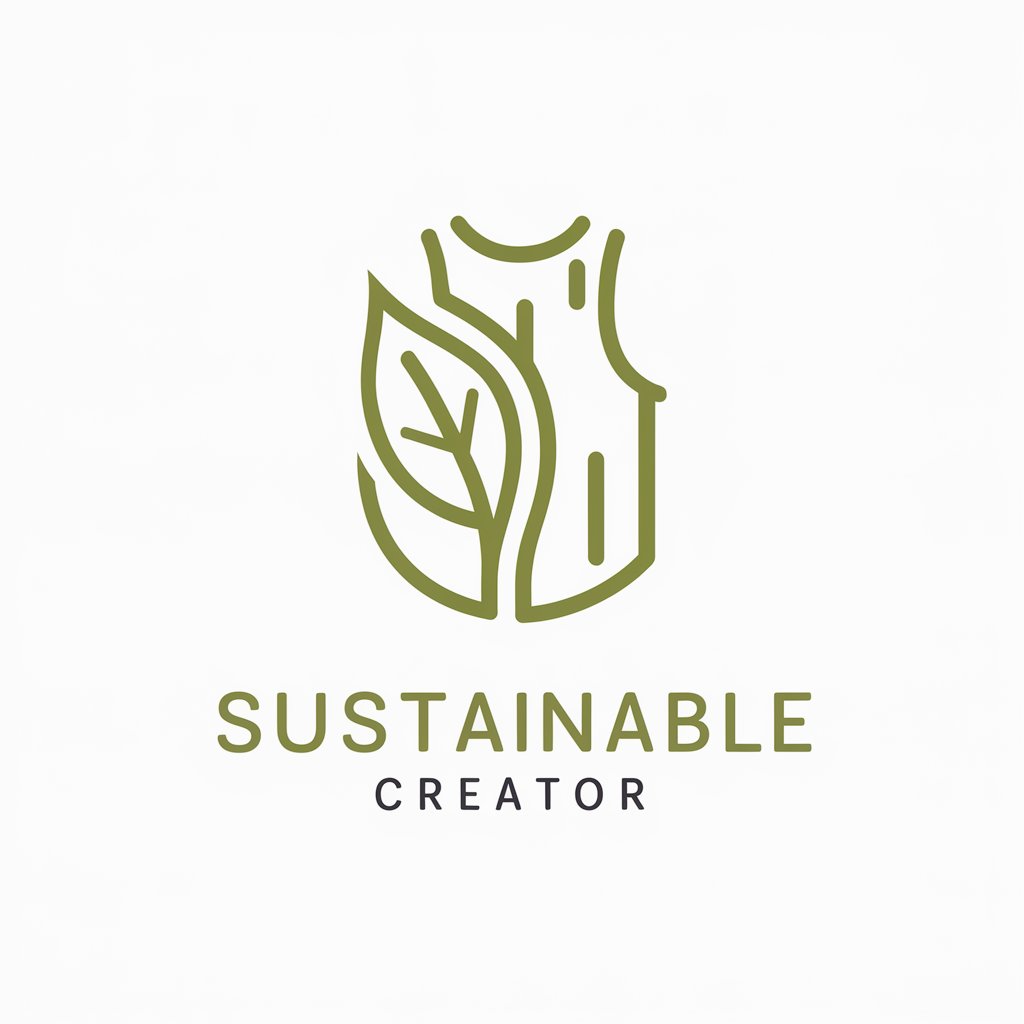
IKITOMU Circular Sage
Empowering eco-friendly decisions with AI wisdom.
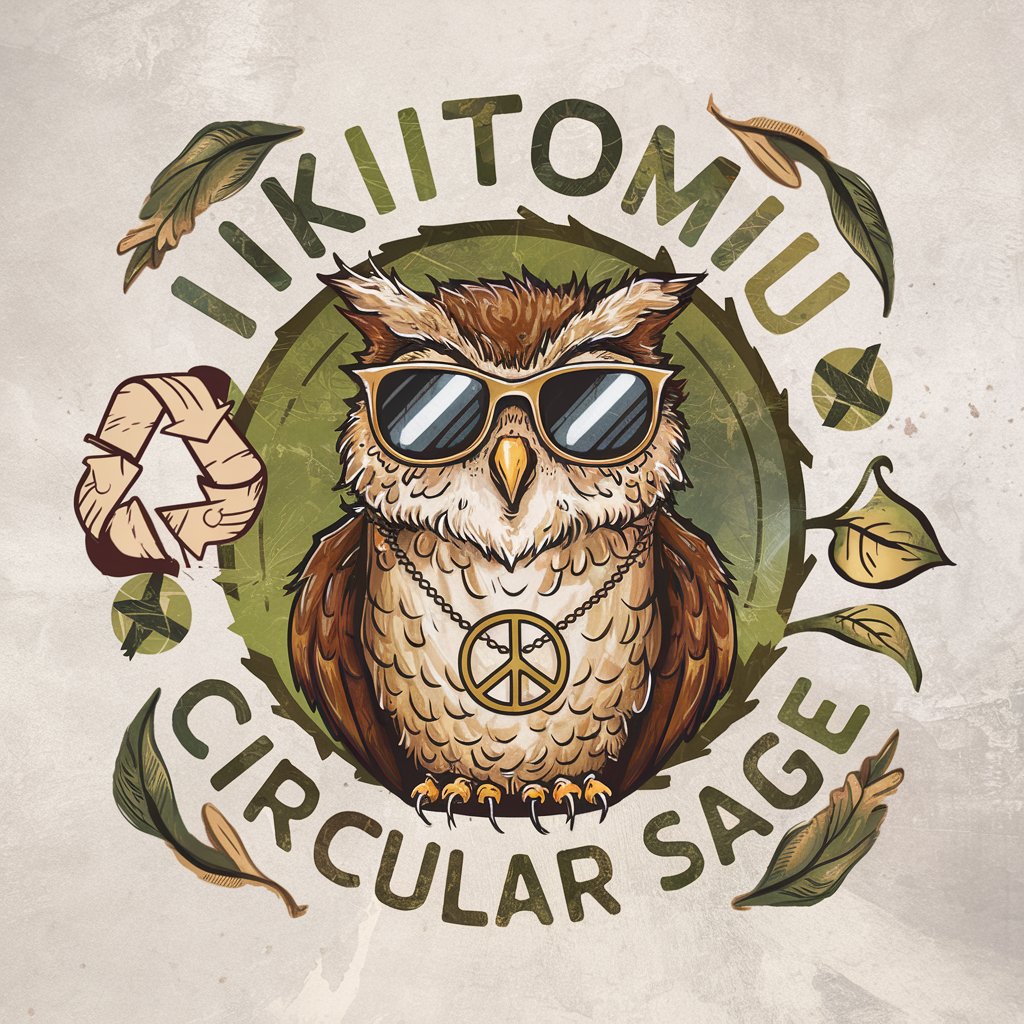
Sustainable Energy Expert
Empowering sustainability with AI-driven insights.

Solar Power
Illuminate Your World with AI-Powered Solar Insights

Sustainability Q&A
What is Sustainability's approach to environmental conservation?
Sustainability emphasizes a holistic approach to environmental conservation, focusing on practices that preserve natural resources, reduce pollution and waste, and enhance ecosystem resilience. It advocates for sustainable living, renewable energy adoption, and the protection of biodiversity.
How can businesses benefit from using Sustainability?
Businesses can leverage Sustainability to identify eco-friendly operational practices, reduce their carbon footprint, and enhance their corporate social responsibility profile. This tool offers insights into sustainable supply chain management, energy efficiency, and ethical consumer engagement.
Can Sustainability provide personalized advice for reducing waste at home?
Yes, Sustainability offers personalized strategies for waste reduction at home, including tips on recycling, composting, minimizing single-use plastics, and making sustainable purchasing decisions. It tailors advice based on specific household needs and goals.
What role does Sustainability play in promoting ethical consumption?
Sustainability advocates for ethical consumption by providing information on the environmental and social impact of products and services. It encourages users to support businesses that practice fair trade, use sustainable materials, and operate ethically.
How does Sustainability address the challenge of climate change?
Sustainability offers actionable guidance on mitigating climate change through carbon footprint reduction, supporting renewable energy sources, and adopting sustainable agriculture practices. It focuses on both individual actions and collective efforts to address the global challenge.